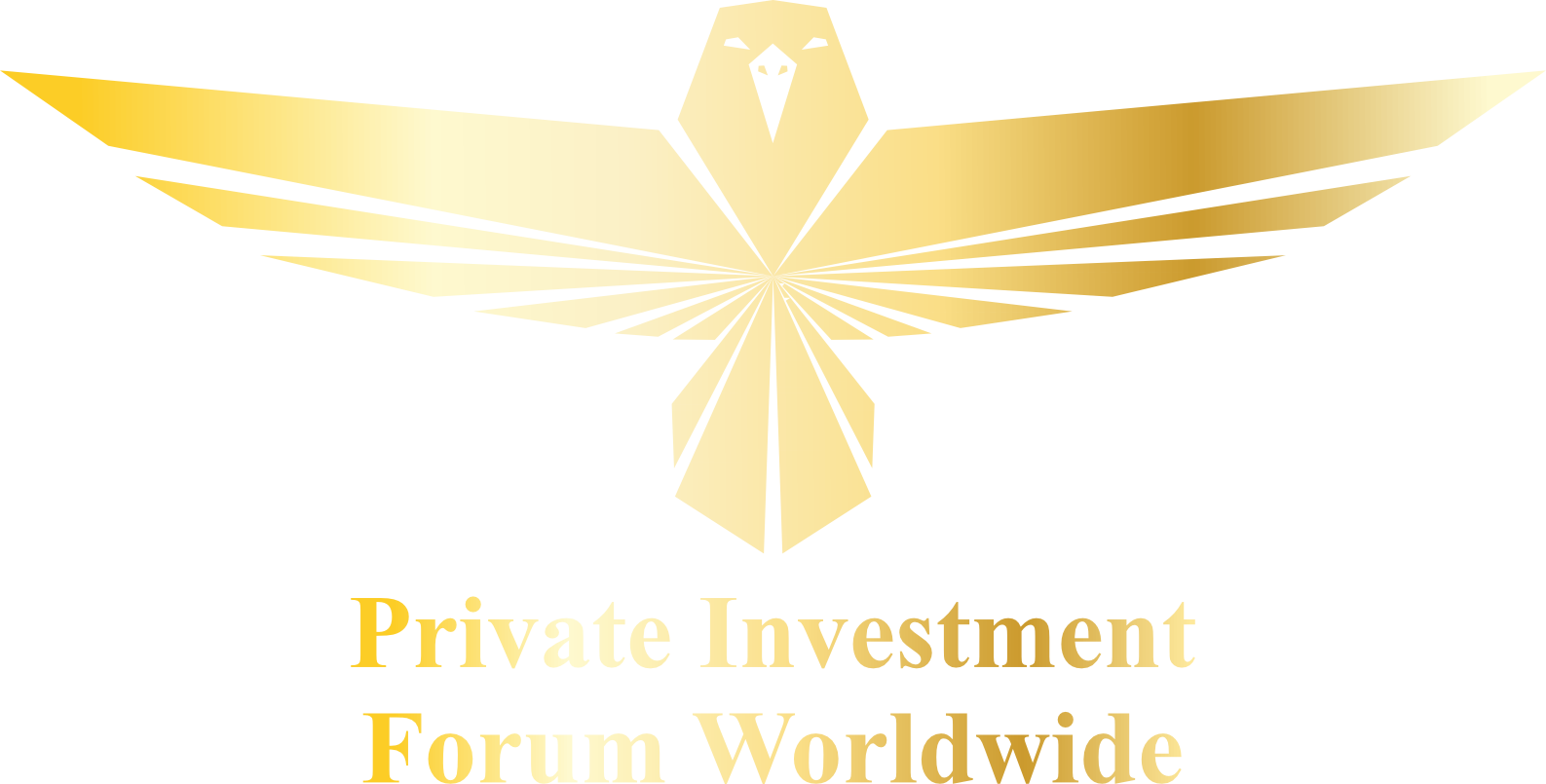
Executive Summary
The article “Unlocking the Formula: The 3 Key Measures Investors Look For in Healthcare Start-ups” focuses on the essential factors attracting investors to healthcare start-ups: understanding market needs, the importance of a skilled founding team, and the role of innovation and intellectual property in attracting investments.
Market Need and Addressable Market: Healthcare start-ups’ success relies on identifying unmet market needs and scalability, with a focus on leveraging the Total Addressable Market (TAM) to show potential to investors. Read more.
Founding Team and Expertise: Investors pay close attention to the founding team’s blend of healthcare knowledge and business strategy, crucial for attracting funding and navigating the healthcare sector. Read more.
Innovation and Intellectual Property: Innovation, especially in AI, and protecting intellectual property are key for healthcare start-ups, enhancing investor appeal and funding prospects. Read more.
Full article
In the dynamic world of healthcare, start-ups have become synonymous with innovation and growth, capturing significant investor interest. The first half of 2022 alone saw an impressive $17.8 billion invested in biopharma and healthtech start-ups, according to Silicon Valley Bank. This substantial investment reflects the crucial role these emerging companies play in advancing healthcare, pushing new frontiers in medical technology and patient care.
Yet, in this competitive landscape, not every healthcare start-up manages to draw investor attention. The key to standing out lies in several critical factors: a well-defined understanding of market needs and potential, the expertise and strength of the founding team, and the presence of robust innovation backed by intellectual property. These factors are not just theoretical; they are grounded in evidence. For instance, a Harvard Business Review analysis highlights that start-ups with teams possessing deep industry experience are more likely to succeed in fundraising efforts.
When we look closely at new healthcare businesses, three key things stand out as really important for getting investors interested and getting money. These are the main parts that help these new healthcare businesses do well and make a big difference in the changing world of healthcare.

“I’ve made great friends through the GILC – it’s an exclusive group of carefully curated investors and industry leaders dedicated to changing the world for the better through impactful one-on-one meetings, focusing on healing the planet, economies, societies, ecologies, and human health.”
– Joshua McClure, CEO at Maxwell Biosciences, US
Market Need and Addressable Market
Identifying and addressing unmet needs in healthcare is the first critical step for start-up success. This is especially true in areas like mental healthcare, where the gap between need and available solutions is widening. Consider this: the economic impact of mental health disorders is expected to soar to $6 trillion by 2030. This staggering figure not only points to a significant unmet need but also opens up vast opportunities for start-ups ready to step in and make a difference.
John H. Abeles, CEO at MedVest Group, US, sheds light on the challenges in this sector, especially in biopharma and biotech, he stated, during a recent healthcare-focused gathering held by the Global Investment Leaders Club: “Healthcare start-ups are facing a paradox. On one hand, there’s a surge in innovative drug ideas thanks to new knowledge. On the other, this very progress is making development more complex and time-consuming. It’s essential for start-ups to navigate these complexities with a clear understanding of market needs.“
The Total Addressable Market (TAM) is a key concept for healthcare start-ups, helping them gauge the scope of their potential market. For instance, the TAM for digital health is expected to reach an impressive $379 billion by 2024, driven by the growing use of mobile health apps and telemedicine. This potential for expansion is a crucial consideration for investors when evaluating start-up prospects.
Yet, understanding the market and its potential size is just one side of the coin. The ability to scale and grow is equally important. According to McKinsey & Company, start-ups that show a clear path to reducing long-term healthcare costs are more likely to succeed. In a world where healthcare expenses are constantly rising, solutions that offer cost efficiency at a larger scale are not just attractive – they’re essential.

“As a member for nearly two years, I’ve found this club to be truly exceptional. It offers unparalleled experiences, providing access to diverse opportunities and connections with a vast angel investor network. The camaraderie and knowledge-sharing among members make it a hub for collaboration and growth.“
– Mira Sirotic, Director of Investor Relations at Maxwell Biosciences, US
Founding Team and Expertise
Investors pay close attention to the makeup and expertise of the founding team in healthcare start-ups. Effective leadership here is more than just administrative skill; it’s a powerful mix of in-depth healthcare knowledge and sharp business acumen. Crunchbase’s analysis reveals a telling trend: start-ups led by CEOs who combine clinical experience with business savvy tend to raise 30% more funding than those without this dual expertise. This finding highlights the importance of versatile leadership in successfully navigating the complex healthcare and business landscapes.
John H. Abeles, CEO at MedVest Group, US, emphasizes the critical nature of this expertise: “Navigating a healthcare start-up is a journey filled with unique challenges. Success often hinges on a team’s deep understanding of the industry and strategic business insights. This dual expertise is crucial for making informed decisions that spur growth and innovation.” Abeles’ perspective underlines the need for a founding team that is not only knowledgeable in healthcare but also skilled in business strategy.
The story of Nat Turner and Zach Weinberg, the minds behind Flatiron Health, exemplifies the impact of such well-rounded leadership. Their combination of technological know-how and healthcare understanding played a key role in Flatiron’s success, leading to its $1.9 billion acquisition by Roche. This case study demonstrates the high level of investor confidence in leaders who grasp both the tech and healthcare sides of their business.
Deep domain knowledge in healthcare is invaluable. Silicon Valley Bank’s report supports this, showing a clear investor preference for start-ups led by teams with extensive industry expertise. This knowledge often leads to a better fit between the product and the market, as well as more effective strategies for market entry. It’s about more than just the science or the tech; it’s about understanding the finer points of healthcare delivery, patient needs, and the regulatory environment.
Forbes reports that venture capitalists look for start-up teams that balance clinical or scientific knowledge with business skills. This balance is seen as key to driving innovation and ensuring commercial success. Teams that combine medical or scientific expertise with business know-how are better equipped to bring groundbreaking innovations to the market, addressing the real challenges in healthcare. For healthcare start-ups seeking investment, having a leadership team with both healthcare expertise and business intelligence is not just beneficial; it’s essential.

“The Global Investment Leaders Club has been an absolute game-changer for me. This exclusive gathering is unlike anything I have experienced before. It offers a unique opportunity for like-minded individuals to come together and form a tight-knit community dedicated to driving innovation and success in the global investment landscape.“
– John H Abeles, CEO at MedVest Group, US
Innovation and Intellectual Property
Innovation and intellectual property (IP) stand as the third critical pillar for healthcare start-ups in attracting investor interest. In the fast-paced world of healthcare, innovation is more than a trendy term; it’s a key driver of change, improving patient outcomes and reducing operational costs. For instance, a study in the Journal of Health shows that innovations like remote patient monitoring tools have cut hospital readmission rates by 38%, highlighting their significant impact on both patient health and healthcare system efficiency.
Joshua McClure, CEO at Maxwell Biosciences, US, points out a crucial gap in the current innovation landscape during a recent healthcare forum hosted by the Global Investment Leaders Club: “Despite the abundance of funding, the healthcare sector is experiencing a drought of truly innovative ideas. At recent conferences, the lack of new concepts has been striking.” McClure’s comment underscores the need for healthcare start-ups to venture beyond the usual and strive for genuine innovation.
The transformative role of AI in healthcare is a prime example of this innovation. AI-driven diagnostic tools, like those developed by Babylon Health and used by the NHS, have significantly improved diagnostic accuracy and patient care efficiency. These aren’t just small steps forward; they represent a major shift in how healthcare is delivered.
But innovation goes hand in hand with IP. The World Intellectual Property Organization (WIPO) highlights the economic importance of IP, especially in healthcare, which is a major contributor to GDP in many economies. For start-ups, IP protection is crucial not just for safeguarding their innovations but also for securing their competitive position in the market. Research shows that start-ups with patented technologies are 80% more likely to secure significant financing, underlining the value of IP to investors.
Furthermore, a Health Affairs study links the use of health IT to cost savings of 3-5% per year, along with improved patient outcomes. This demonstrates how innovation not only enhances patient care but also brings cost efficiencies, a key consideration for investors. In the rapidly evolving healthcare industry, innovation and strong IP protection are essential for start-ups seeking investment and aiming for long-term success.

“Being a member of the Global Investment Leaders Club for almost a year has been a fantastic experience. It’s an incredible investment community filled with people doing amazing things globally. I’ve connected with great individuals, networked with interesting people, and found exciting investment opportunities during the Club’s meetings. Overall, it’s been a terrific experience, especially on the deal front.“
– Trista Bridges, Cofounder at Read the Air, Japan
Conclusion
In conclusion, the journey to securing investment in the healthcare start-up arena hinges on three pivotal measures: a clear understanding of Market Need and Addressable Market, the strength and expertise of the Founding Team, and the innovative edge and protection of Intellectual Property. These elements collectively form the cornerstone of investment readiness, providing a holistic blueprint for navigating the complex investment landscape. As healthcare start-ups strive to innovate and redefine patient care, their ability to articulate these measures not only elevates their potential for funding but also positions them as key players in the transformative world of healthcare solutions. To delve deeper into these key strategies for securing investment in healthcare start-ups as well as many other crucial topics of the healthcare industry, be sure to register for our next insightful event.











